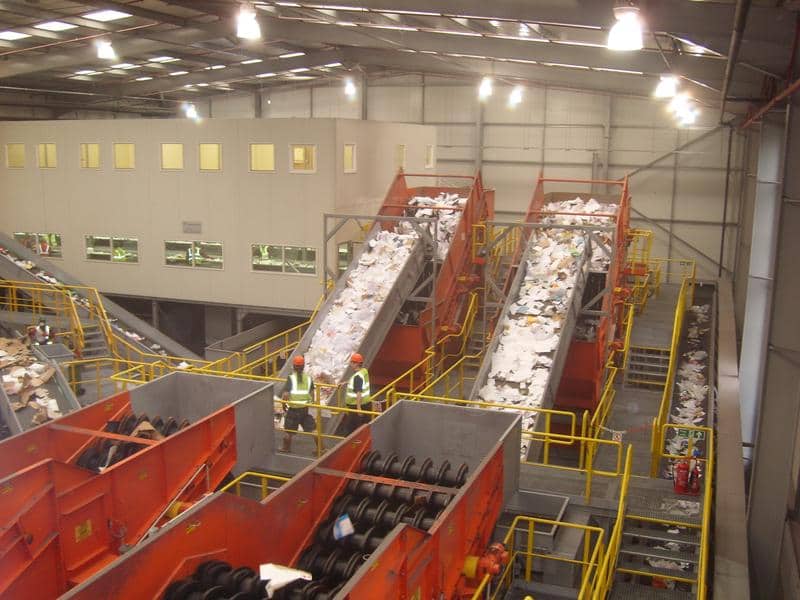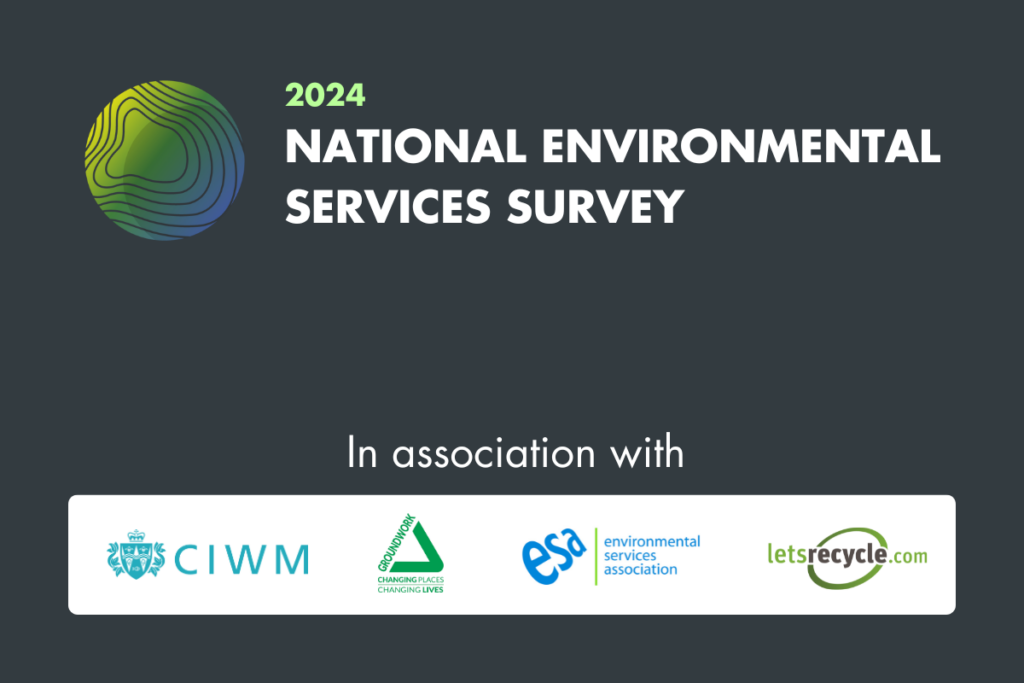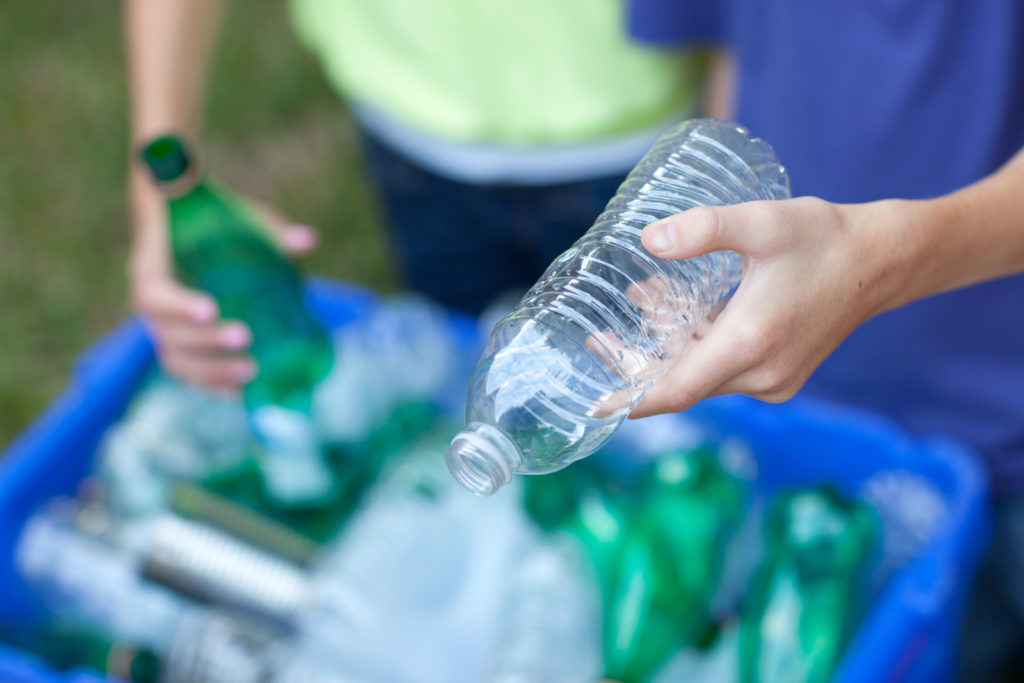With a capacity of up to 250,000 tonnes of dry recyclables, the MRF is the largest facility of its kind in London, and represents the latest stage in the company's £30 million relocation to the site in Bow, which began in 2006 after three of its previous locations were earmarked for development for the 2012 Olympics.
The commercial waste that has been sent to the facility since it began operations 12 weeks ago is collected from offices, retailers and other organisations from within the M25 area, with one of its largest contracts providing waste from both corporate and retail sites in Canary Wharf.
Waste is collected via Bywaters' 'Bycycler' twin-bin system, with customers segregating their waste into two streams; dry recyclables, which are sent to Lea Riverside, and residual waste, which is sent to the firm's other plant in Leyton.
With the MRF occupying roughly half of the main production space at the 187,000 square foot Lea Riverside site, the remainder is currently used for operations including vehicle and compactor maintenance and plasterboard recycling.
“The production space was a completely empty space on the day we moved in,” explained Bywaters' head of business operations, Ian Jones. “Its now half full, we could put a second facility in if we wanted.
“We decided to go for height rather than spreading it out so we can put another in later – we're licensed for 500,000 tonnes,” he added.
Technology
Based around a Dutch design, the MRF utilises technology from a number of countries, and project manager David Rumble explained that “the technology in the machine was garnered from around the world”.
“John Glover brought together what is considered the best technology available,” he added.
Installed by Kaizen Recycling, the machinery includes conveyers and bunkers from Poland and Germany, airhandling systems from the Netherlands, a baler from Shropshire-based company Lindex, and near infra-red optical separators manufactured in Norway by Titech.
The MRF also operates with two hand-pick cabins, with the first aiming to remove as much residual material and film plastic from the process as possible.
A second hand-pick cabin is focused on paper sorting, reflecting the high quantities of paper and cardboard to be found within the collections Bywaters undertakes from nearby offices such as those in Canary Wharf.
The cabin aims to ensure the sorting high quality paper and cardboard, according to the requirements of recovered paper reprocessors, with Mr Rumble explaining that “they pull off any remaining residual material and film plastic”.
“It can be manned by up to 56 pickers to allow a specific paper to pass through, but due to the current high price of mixed paper we're letting it all go through – we can adapt to the market.”
“We've been visited by various paper mills that buy recyclables and we've been told that this is some of the best material they've ever seen coming out of a MRF,” he said, adding that “in terms of purity, its probably 99% pure”.
Meanwhile, a magnet separates out any non-ferrous materials, while an eddy-current pulls of aluminium cans, with every sorting process on the MRF being linked to a main conveyor belt which eventually ends up at the plant's baler.
Markets
While the MRF is gradually increasing its operating capacity, the task of identifying reprocessors to buy the sorted materials is also a work in progress.
John Glover explained: “We are evaluating what kind of long-term contracts we can go into, they've not been completed yet due to potential customers having to look at the quality of the materials we process.”
“We're developing markets on a continuous process,” he said, asserting that “we'll have no problems selling the end materials.”
Mr Jones added: “We have a lot of reprocessors approaching us and looking at what we're producing.”
Future plans
With Bywaters hoping to finalise long-term buyers for its processed materials within the next six months, after initial modifications to the machinery are complete, the company is now examining the possibility of using the adjacent River Lea to transport materials to reprocessors.
“We're looking very seriously at water transport and we've been working closely with the Port of London, Transport for London and British Waterways,” Mr Glover explained.
A feasibility study on using the river for transportation is currently underway, and he added that, “if we get the support we need, I'd say we could have a water facility here within a year or so”.
The company will also be looking to build a second MRF in the production space, and while it did not attach a timeline to this, Mr Jones said: “I think once we fill two-thirds of the capacity of this one, we'll look at the second machine.”
In the near future, Bywaters' first priority is to complete the redevelopment of its Leyton site during 2008 and 2009, with planning permission recently granted for a revamp which will see the location become home to a MRF for construction waste recycling, with the vehicle maintenance operation currently based at Lea Riverside moving there too.











Subscribe for free